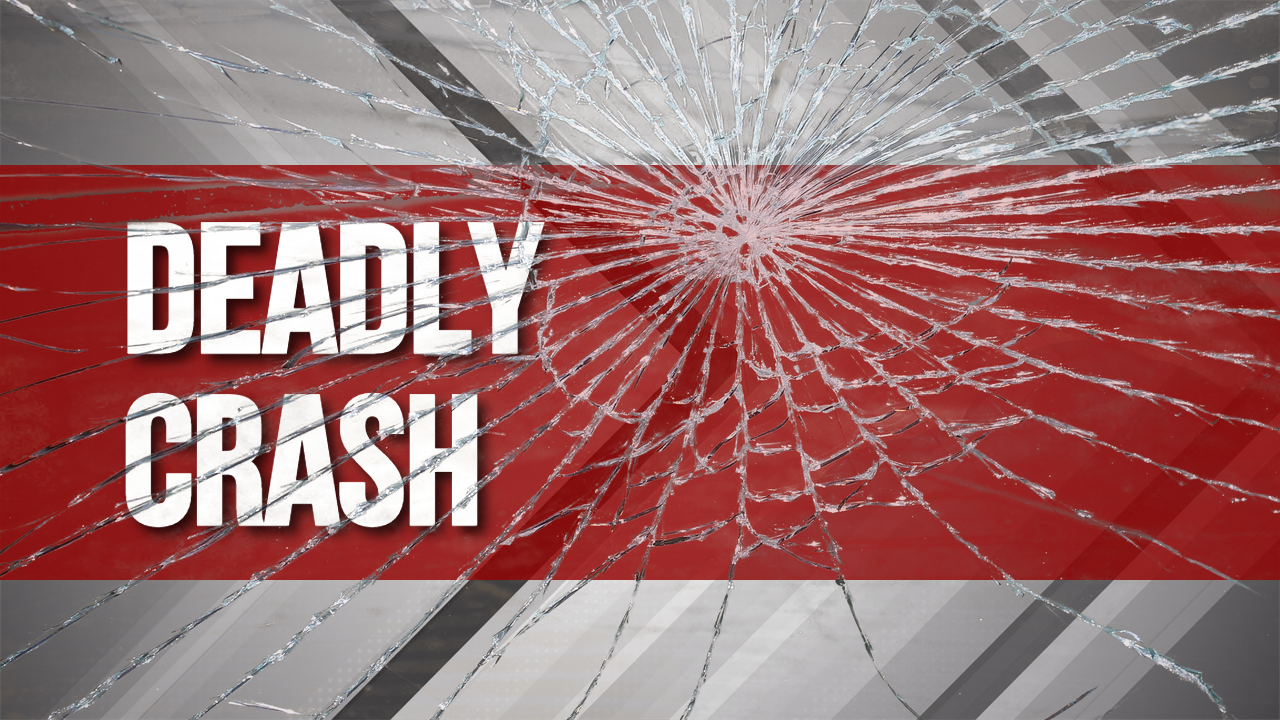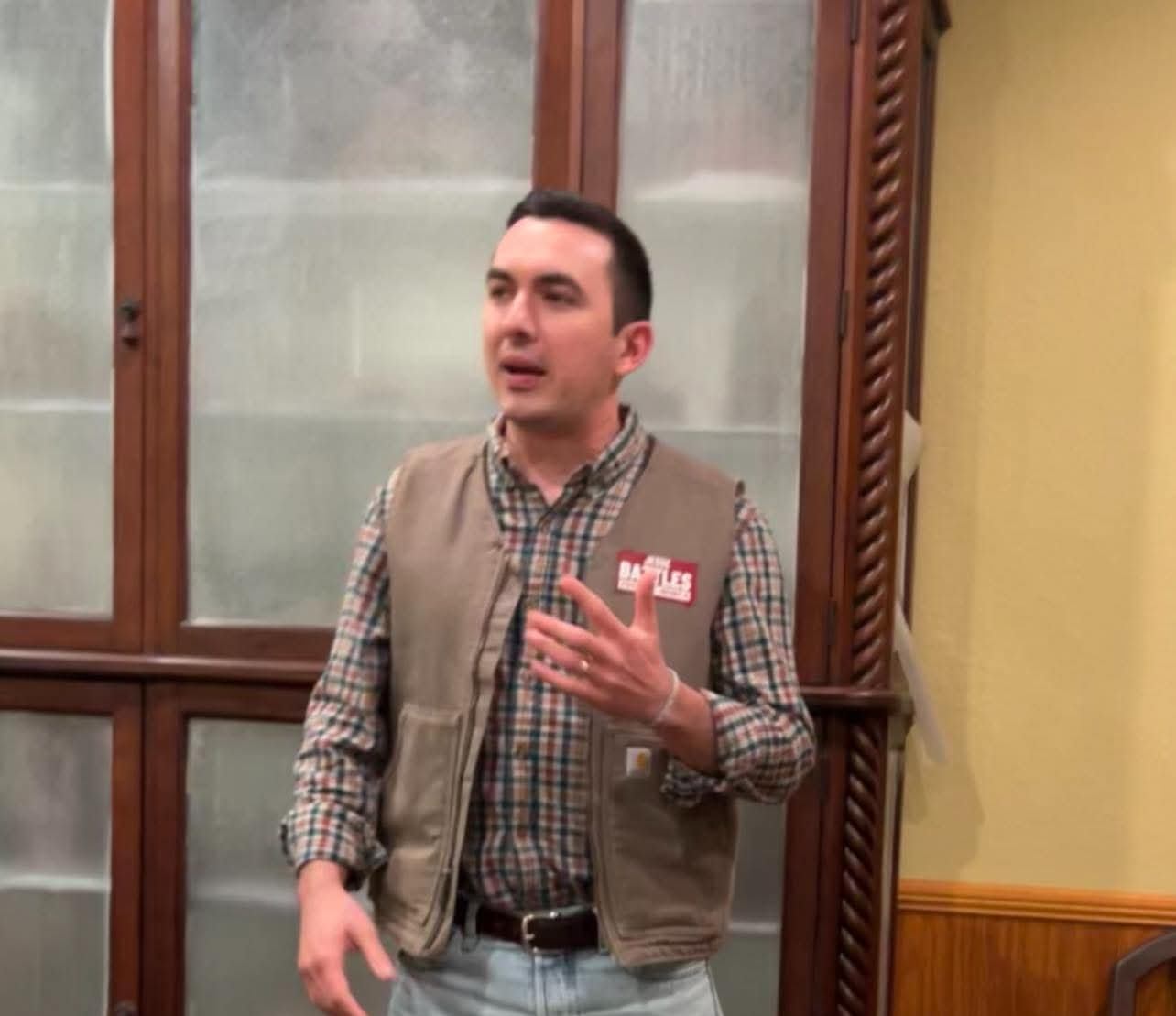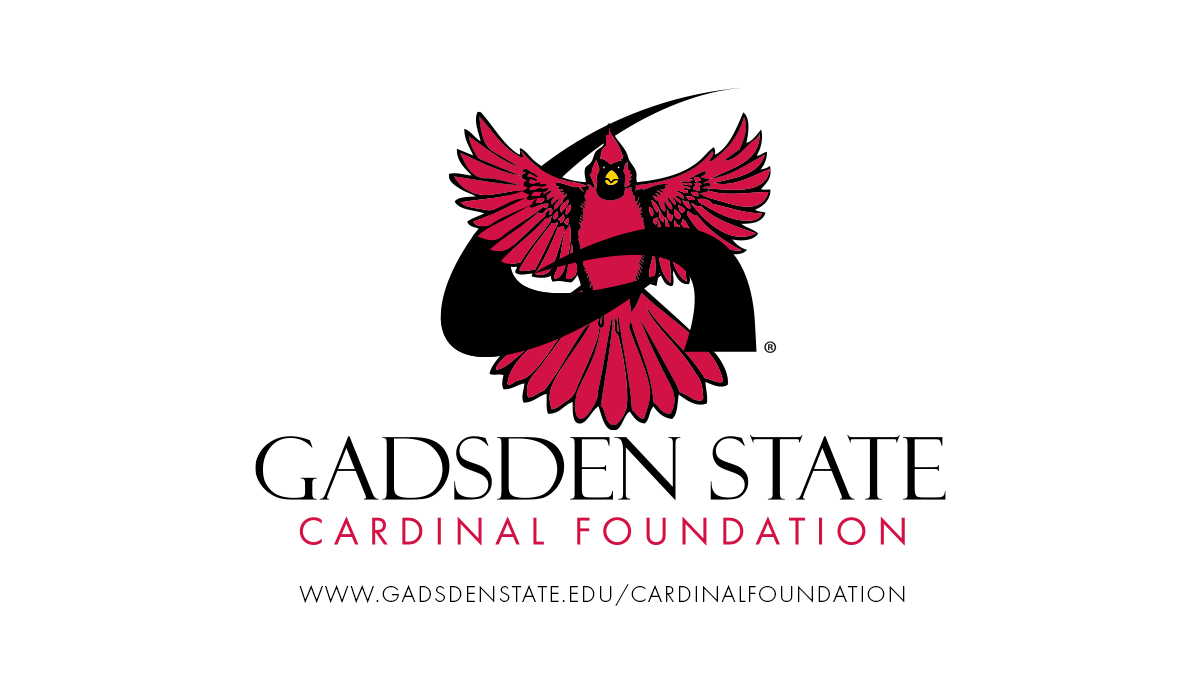
Woods and grass fires continue to be a dangerous threat to lives and property all across the state.
Governor Robert Bentley has expanded the drought-related state of emergency declaration, to include all 67 counties.
That action effectively placed all of Alabama under a No Burn order, prohibiting all outdoor burning due to a risk of wildfires.
Unfortunately, that decree seems to have fallen on deaf ears, with many people in Cherokee County continuing to set fires, with those ranging from campfires to garbage barrels.
We spoke with Cherokee County Fire/Arson Investigator Shawn Rogers about the situation and he told us, that he would be signing warrants for Burning During a Drought Emergency, a Class B misdemeanor, punishable by a fine of up to $3,000 or six months in the county jail.
Also the Cherokee County division of the Alabama Forestry Commission is issuing warnings for those failing to comply with the guidelines.
Since October 1st, a total of 1,721 wildfires have destroyed over 20,000 acres of land across the state; which in turn has resulted in air-quality alerts in many areas, due to heavy smoke from those fires.
We urge everyone to abide by the terms of that No Burn order for the safety of everyone.
That order will remain in effect for the foreseeable future.
WHAT IS A DROUGHT EMERGENCY DECLARATION? (Issued by the Governor)
Section 9-13-141 of the Code of Alabama states: “at such time as the state forestry commission has declared by regulation a drought emergency in any county or counties, it shall be unlawful in such county or counties for any person to set fire to any forest, grass, woods, wildlands or marshes or to build a campfire or bonfire or to burn trash or other material that may cause a forest, grass or woods fire.” Specifically, the regulation prohibits any prescribed burns, any campfire or bonfire, any trash or debris fires, or any other open burning.
DO THE REGULATIONS COVER BARBECUES?
The regulations allow barbeque fires for cooking IF the fire is in a grill or masonry barbeque pit, including large barbeque pits used by civic organizations to prepare food. Anyone grilling or barbequing during the Drought Emergency should have water hoses on site to prevent any loose sparks from setting a wildfire, and a circle at least 10 feet wide around the grill should be cleared of any burnable material. Side fires to generate coals for a barbeque must also be within a grill or masonry pit. Gas grills are allowed.
WHAT IS INCLUDED IN THE “CAMPFIRE OR BONFIRE” PROHIBITION?
Campfires or bonfires include any fire that is burned on bare ground, even if surrounded by stones or a metal fire ring. This definition includes campfires, ceremonial fires, ‘council’ fires, bonfires, ‘warming’ fires, and cooking fires that are on bare ground and not in a masonry lined ‘pit.’
WHAT IS INCLUDED IN THE “TRASH OR DEBRIS FIRE” PROHIBITION?
Trash and debris fires include burning of woody debris, yard waste, garbage, construction debris or any other material, in either an open pit or in a barrel. At this time, people should not burn a debris pile until the Drought Emergency is lifted.
WHAT OTHER THINGS ARE INCLUDED IN THE DROUGHT EMERGENCY?
The intent of the Drought Emergency Declaration is to prevent catastrophic wildfires during drought conditions. No one should use an open flame in or around a woodland setting. At campsites, closed lanterns may be used, but no open flames such as candles or ‘tiki’ torches. Care should also be exercised in suburban areas where lawns are very dry as well.
WHAT ARE THE PENALTIES FOR VIOLATING THESE REGULATIONS?
Under Section 9-13-142, Code of Alabama, anyone found guilty of violating these regulations and improperly conducting open burning in a Drought Emergency-declared area shall be guilty of a misdemeanor and shall be fined and at the discretion of the court, that person may also be sentenced to the county jail for up to six months.
Additionally, any person burning in violation of the Drought Emergency Declaration will be liable for damages to the property of another and any costs associated with the suppression of said fire. Suppression costs would include equipment and personnel costs related to control or extinguish the wildfire.




